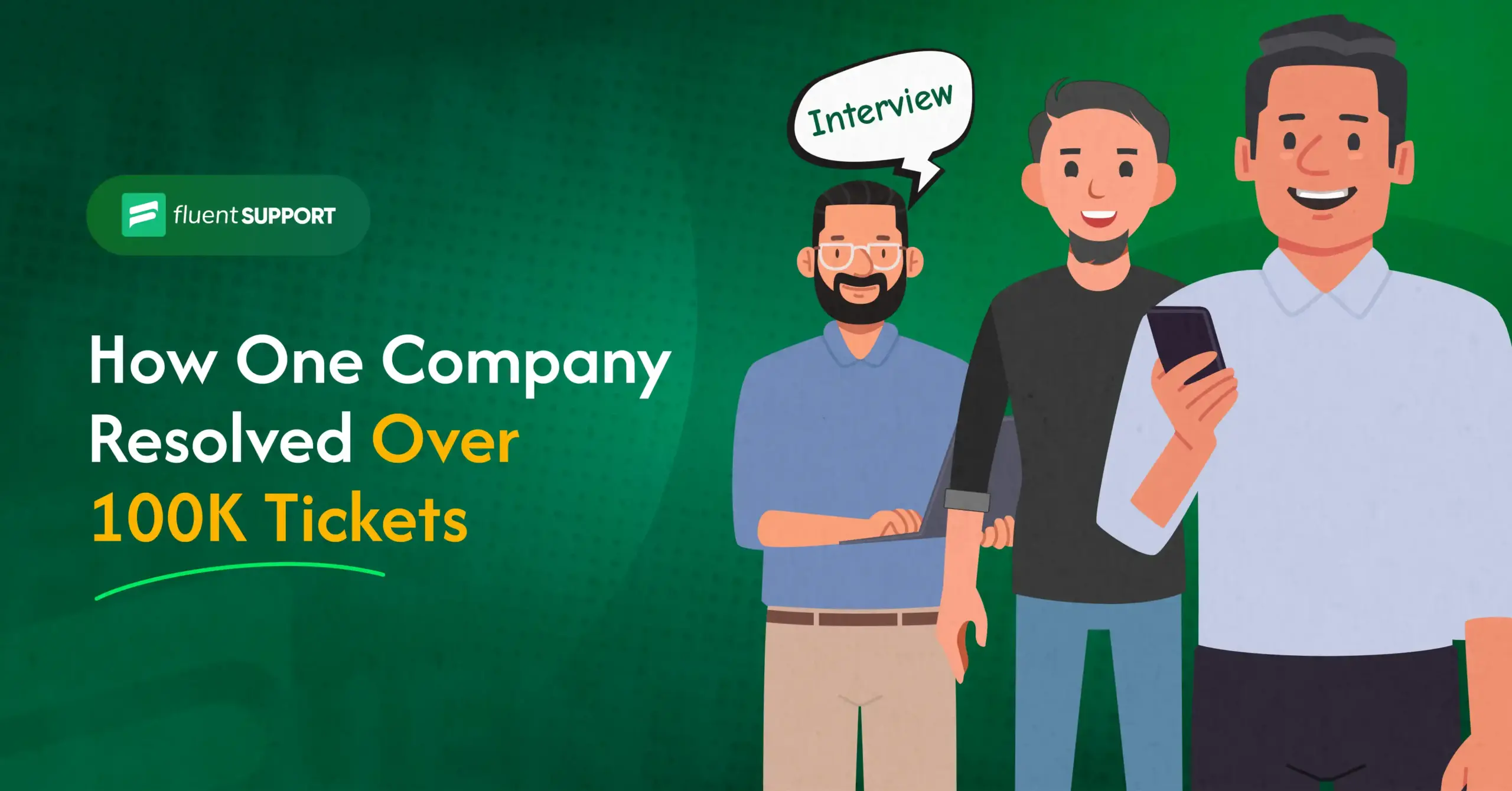
How One Company Resolved Over 100K Tickets Using Fluent Support
By Uttam Kumar Dash
April 7, 2025
Last Modified: November 13, 2025
Today, we’re here with something truly special. We had the incredible opportunity to sit down with the direct users of Fluent Support—the people behind 100,000+ resolved customer support tickets at WPManageNinja.
Handling that many tickets isn’t just about having a good system; it’s about understanding customer needs, streamlining workflows, and constantly evolving. So, we took this chance to dig deeper into their experiences—how by using Fluent Support they tackled their daily challenges, what worked, and what lessons they’ve learned along the way for the past few years.
Joining us in this conversation are MD. Kamrul Hasan (Head of Support at WPManageNinja), along with 2 other senior team members of their big Support team, Ibrahim Sharif (Support Lead, FluentCRM), and Mahdi (Support Lead, FluentForms). From their firsthand experiences, we’ll explore not just the mechanics of handling support but also the bigger picture of what great customer support truly means.
Let’s get into it!
Interviewing the users of Fluent Support
Uttam: Over 100,000 customer support tickets were resolved by WPManageNinja using their own Fluent Support, the best-known self-hosted Helpdesk plugin for customer support in WordPress. That’s not just a big number, right? That’s incredible. It’s a massive indicator of a system that really works. Because, you know, if you’ve ever felt bogged down by handling customer support and just can’t keep pace with your needs, their journey may offer some really valuable lessons.
For that reason, today, I’m looking forward to having a conversation with some of the key members of WPManageNinja’s customer support team. I’m here with MD. Kamrul Hasan (Head of Support at WPManageNinja), and 3 other senior members of their big support team, Ibrahim, Mahdi, and Farhan. I’m pleased to get a chance to have a chit-chat with you guys.
So Kamrul, what we’re going to do now is, we’re going to delve into the specific challenges that you and your team faced, the reasons behind the development of Fluent Support, and the key features that have enabled them to handle this just incredible workload. I know, you were there back in 2020 when WPManageNinja first decided to build an in-house helpdesk plugin for the team. But we’ll skip the dramatic flashback—because we’ve already turned that saga into a fun-to-read comic book! Seriously, it’s way more fun to read than hearing us ramble on. So, I’d love our reader to check that out for sure!
[Comic of the real story]

My first question to you is—what were the biggest headaches with your previous system that pushed you to build your own in-house solution? What specific limitations were they encountering that made a change necessary?
Kamrul: Well, back then, the primary issue was scalability. As WPManageNinja expanded, the previous system simply couldn’t cope with the growing number of support requests. Ticket loading time was a huge bottleneck, along with some other limitations of the tool.
We used to sit for minutes just for a simple ticket to load. The inefficiencies led to a significant accumulation of tickets, resulting in ticket backlogs. Pretty frustrating dealing with the inefficiencies day in and day out.
So, my team recognized the need for a more effective way to support their expanding user base, as we’re spending more energy fighting the technical limitations of the tool we were using at that time.
Uttam: Okay, got it. So, I guess that’s how WPManageNinja reached a point that led them to this decision of actually developing an in-house ticketing system by themselves.
Kamrul: Right, exactly.
Uttam: Another thing, Kamrul, once Fluent Support was implemented internally, what tangible changes did you observe? What were the immediate results? On the customer service end, was the transformation almost instantaneous?
Kamrul: Absolutely, we witnessed a significant decrease in the general ticket resolution time, and there was an uplift in customer satisfaction levels too. From that point on, that internal validation provided clear evidence of the potential market to the stakeholders.
In 2021, the solution clearly resonated with others facing similar issues, and we launched it for the wider market. And fast forward to today, Fluent Support is now powering 10,000+ businesses globally.
Uttam: That’s great, Kamrul. Now I’d like to turn to Ibrahim.
So, Ibrahim, I’d love to get your take on this—how do you see Fluent Support fitting into the larger WPManageNinja ecosystem? Does it act as a missing piece, seamlessly integrating with other products? And more broadly, when it comes to WordPress-powered businesses, does it help boost the overall efficiency of other plugins and workflows?
Ibrahim: That’s a great question! From a firsthand perspective, Fluent Support isn’t just another helpdesk plugin—I believe, it’s a strategic enabler. When they built it, they weren’t just thinking about handling tickets; they also thought about how a ticketing system fits into the entire workflow of a WordPress-dependent business and, without a doubt, the WPManageNinja ecosystem.
We work for products like Fluent Forms, FluentCRM, FluentBooking, FluentCommunity, FluentSMTP, and other powerful tools. And, Fluent Support connects with all of them very smoothly. This makes it easier for businesses to automate customer interactions, streamline workflows, and provide better solutions without jumping between multiple platforms.
Right now, along with WPManageNinja’s own plugins, Fluent Support offers various other plugin integrations, including WooCommerce, Slack, Telegram, WhatsApp, TutorLMS, LearnDash, BetterDocs, Discord, Google Drive, Dropbox, PMPro, and a lot more.
So, to answer your question—yes, Fluent Support doesn’t work only as a standalone tool. It charges the entire support experience by connecting with the tools businesses already rely on. That makes everything more efficient, responsive, and customer-friendly.
Find, store and access customer feedbacks
all in one system.
Uttam: That’s great, Ibrahim! It’s really interesting to see how Fluent Support isn’t just solving customer support issues but actually strengthening the entire WordPress ecosystem. Now, Mahdi, I’d like to ask you, for those who are currently using Fluent Support, what are some of the standout features that seem to resonate most strongly with users? What aspects do they particularly appreciate?
Mahdi: Alright! So the biggest thing people love about Fluent Support? It just makes support easier. It takes a lot of the manual work off your plate. The automation possibilities are huge. You can set up workflows that auto-assign tickets, send saved replies, and even trigger CRM actions without having to think about it, and then there’s is email piping.
There’s advanced filtering and separate inboxes, which is super useful if you’re managing multiple products or teams. And the fact that you can customize the ticket portal the way you want? People love that.
But honestly, I guess the most exciting thing right now for everyone is the new AI powers. The team introduced AI-integrations recently, and it’s actually really smart. It doesn’t just generate replies—it is capable of understanding customer sentiment.
So if a customer is not happy about it a thing, it picks up on that, and agents can adjust their responses accordingly. You can also fine-tune the AI’s answers before sending them, so it’s not just some robotic reply—it still feels human.
And as far as I know, team Fluent Support is working on even more ways AI can help businesses in terms of customer service in general.
Uttam: Okay, great—got it! So basically, Fluent Support is trying to do all the heavy lifting with automations, integrations, and even AI stepping in for an even better overall experience and taking the load off from the support agents. Right?
Mahdi: Yes, that’s right.
Uttam: So Kamrul, I want your opinion on this, AI in helpdesks—do you think it’s truly enhancing support, or are we risking losing that human touch? What’s your take on it?
Kamrul: As I deal with our customers a lot, and manage a team of support agents on a daily basis, thinking from a customer’s perspective, I still prefer speaking to a real person. But there, what really matters how fast, accurate, and empathetic that person on the other side is.
Now, for those who use Fluent Support, AI can really help deliver on those qualities. However, as a customer, if the response feels too robotic or lacks a personal touch, it can be a bit off, even if the solution is right in most cases. That’s why I believe AI should assist, not replace, the human interaction. At least, not at this stage of AI assistance.
From a customer’s point of view, when reaching out for help, they want to feel like their issue is being addressed with care and efficiency. Those who use Fluent Support can take advantage of features like ticket automation, tone analysis, and suggested responses to help understand customer sentiment, even when there’s a language barrier. With these tools, an agent can quickly determine if a customer is frustrated, happy, or neutral and respond accordingly.
Uttam: That’s a valuable take, Kamrul! I totally agree—speed and accuracy matter, but empathy is what makes the difference. AI should enhance the experience, not replace the human touch. Fluent Support’s features like tone analysis and automation definitely help agents strike that balance. Love that perspective!
Alright, Kamrul and team, now, I’d like to shift gears a bit. Turning to Ibrahim, Mahdi and you too—let’s do some rapid-fire questions as we’re nearly at the end of this discussion. Short answers, straight to the point. Ready?
Rapid-fire Q&A – For the support agents who get it done
Uttam: What’s one mistake you think most customer support agents make?
Ibrahim: Not listening enough before jumping into solutions. You have to have a lot of patience in you.
Uttam: How do you handle a tough customer who’s really upset?
Kamrul: I focus on solutions rather than dwelling on the problem. First, I try to understand the root cause of their frustration. With patience and empathy, I make sure they feel heard and reassure them that we’re working on the best possible solution. Then, I do everything I can to deliver that solution as quickly as possible.
Uttam: What’s one piece of advice you’d give someone new to customer support?
Ibrahim: Understanding the product inside out is crucial. Many newcomers focus on communication skills but overlook the technical depth required to solve complex issues efficiently. The more you know about the system, integrations, and common troubleshooting methods, the faster you can provide accurate solutions—without always escalating tickets.
Uttam: Do you think customer support teams should specialize in certain areas?
Mahdi: Definitely. Specialization improves efficiency, but a broad understanding is just as important. When agents focus too narrowly, simple issues get escalated, slowing everything down. A strong support team balances deep expertise with general knowledge.
Uttam: What do you think the future of customer support looks like?
Kamrul: A more advanced hybrid model. AI will handle routine, mundane tasks, where human interaction is not necessary, or not asked, while humans tackle more complex issues, and where customers want them to appear and listen to their problem and provide a solution.
Uttam: What should someone know before starting a career in customer support?
Ibrahim: Customer support isn’t just about answering tickets—it’s about solving problems efficiently. You need strong communication skills, patience, and the ability to handle tough customers without losing focus. Most importantly, you have to think critically and adapt quickly because no two issues are the same.
Uttam: What tools should a new customer support agent learn to use?
Mahdi: A good support agent needs to be comfortable with essential tools like help desk software, live chat platforms, and knowledge bases. Knowing how to use WooCommerce, Github, and CRM systems like HubSpot or Salesforce helps manage customer data effectively. And for internal communication, tools like Slack, Jira, or Microsoft Teams are a must.
Uttam: Alright, folks! That was a deep dive into the world of customer support and yes, how WPManageNinja solved over 1,00,000 tickets or customer issues with the help of Fluent Support and how they built the system itself. We’ve covered the mindset, the skills, and even the technical side that often gets overlooked.
A huge thanks to Ibrahim, Mahdi, and Kamrul for their valuable insights! You guys brought some sharp perspectives to the table today.
And to everyone who are here—keep growing, keep learning, and most importantly, keep making customer experiences better!
[Comic of the real story]






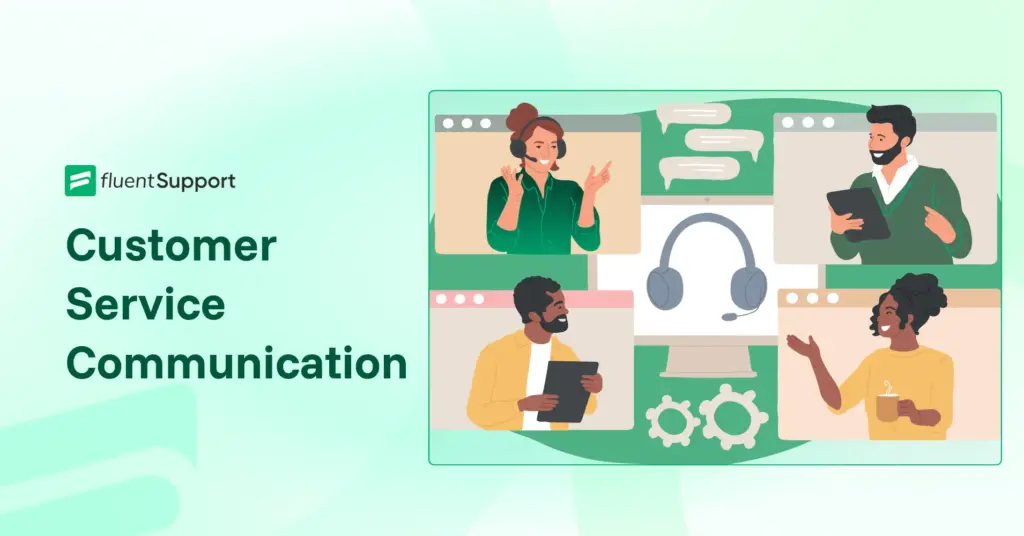
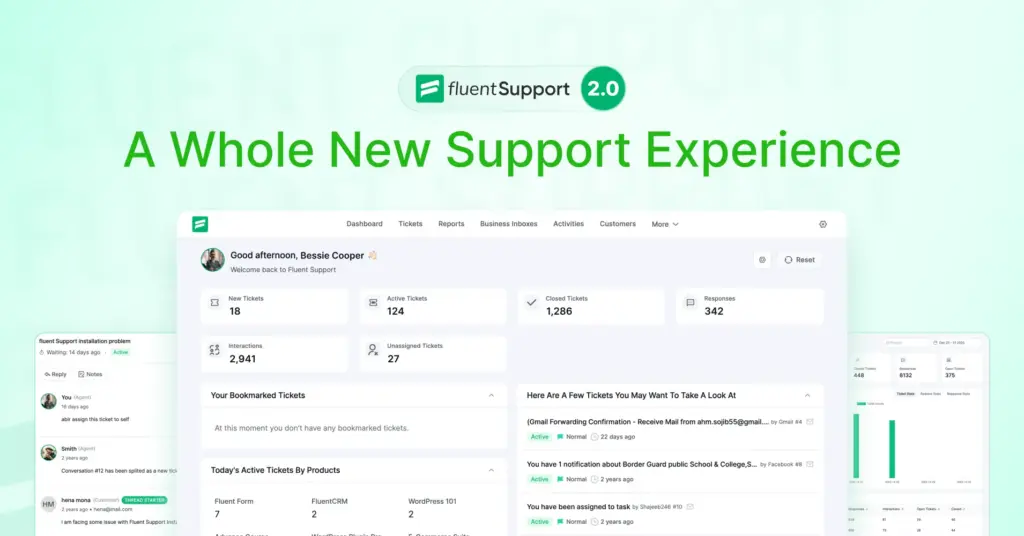
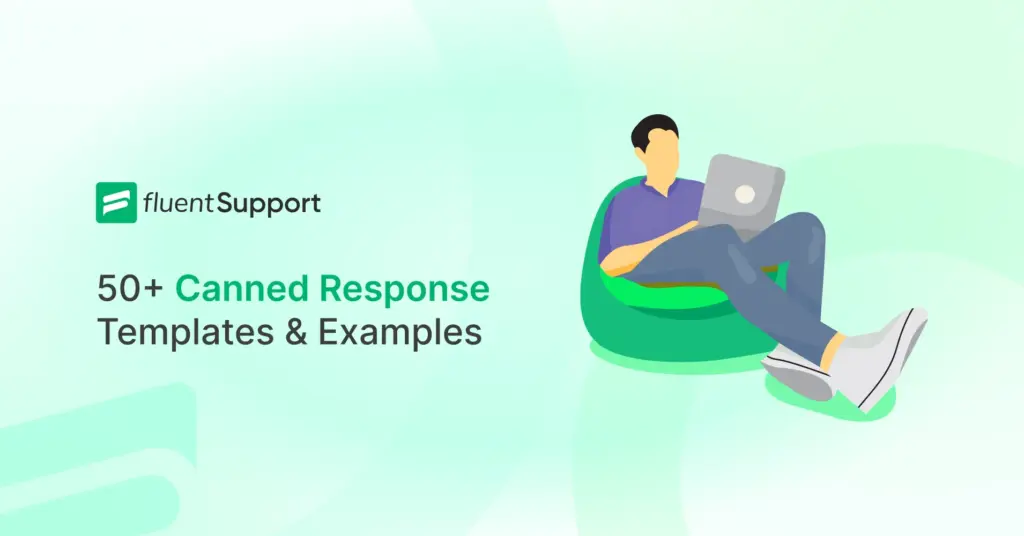
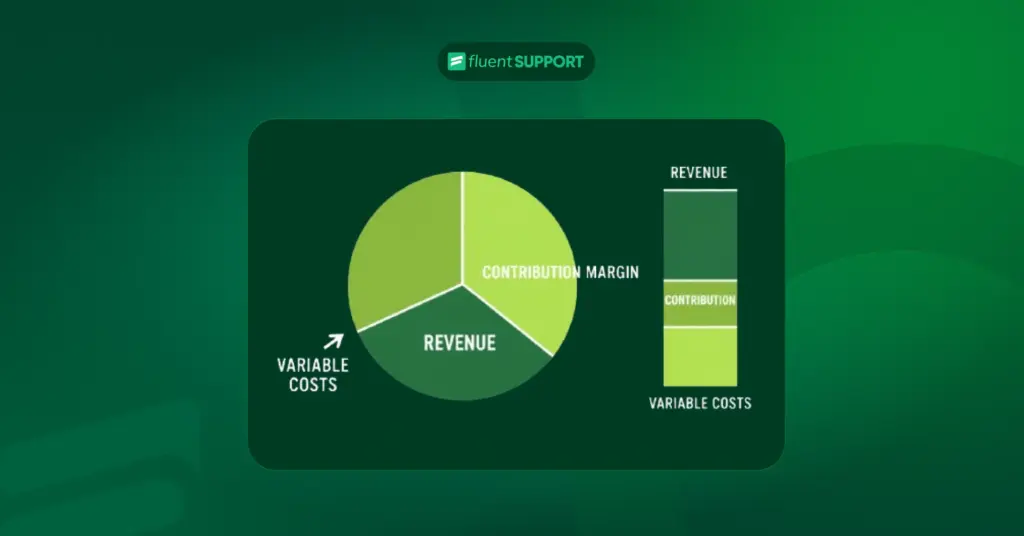
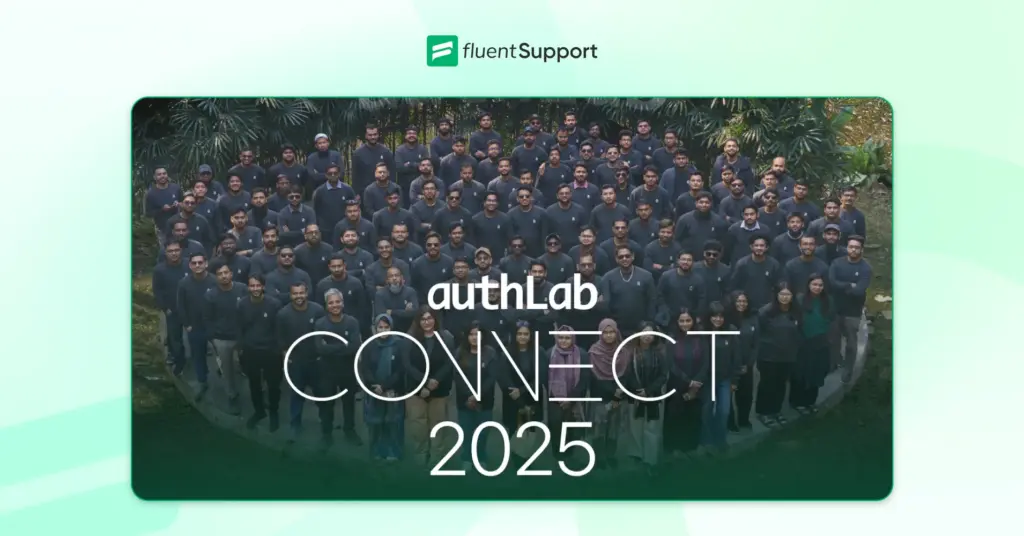
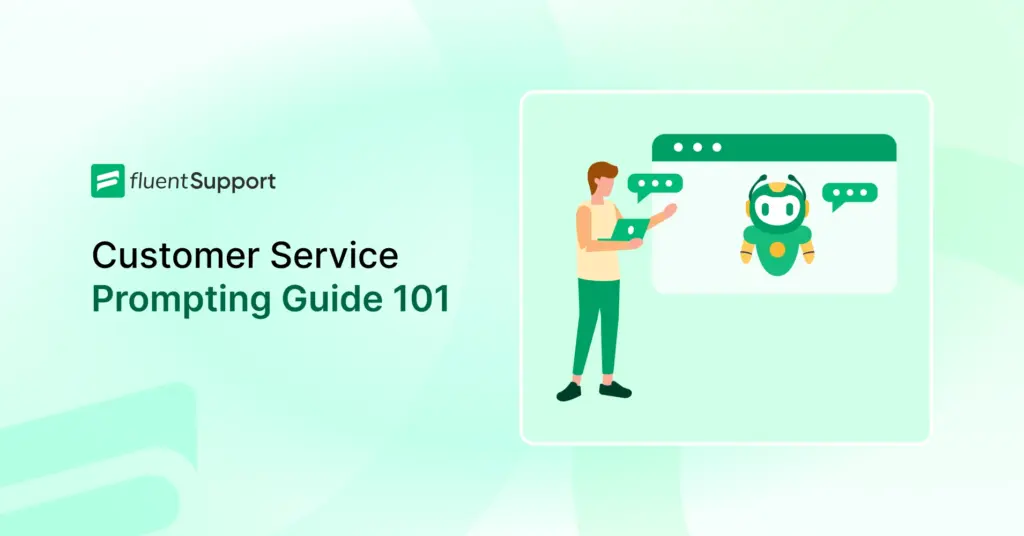

Leave a Reply